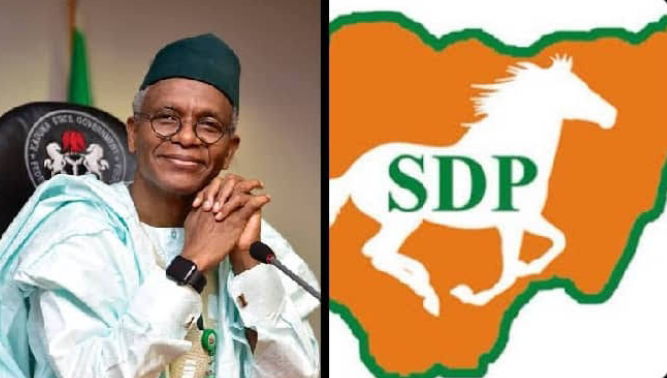Nigeria: Incoming president faces several challenges
Published on 2015 April 13, Monday Back to articles
NIGERIA’S NEW PRESIDENT: MUHAMMADU BUHARI
As Nigeria Politics & Security reports, local and international observers continue to digest the impact of All Progressives Congress (APC) presidential candidate Muhammadu Buhari’s victory in the end-of-March presidential elections. As euphoria recedes, the challenges facing Nigeria’s new president as of 29 May become all the more apparent.
These include defeating Boko Haram and avoiding a spike in Niger Delta militant attacks; reducing corruption and the illegal transfer of funds; protecting Nigeria’s oil and gas industry and ensuring the passage of much-needed legislation including a version of the Petroleum Industry Bill (PIB); ensuring that Nigeria’s non-oil sector growth recovers; and tackling Nigeria’s worsening, if still manageable debt, deficit and currency downsides.
On the oil sector specifically, the Nigerian National Petroleum Corporation (NNPC) is yet to release an official statement, even if NNPC insiders are believed to be optimistic about Buhari’s upcoming tenure. Otherwise, Buhari has emphasised that he is a different man from the short-term military leader who led the country in the 1980s.
Speculation has also mounted over the role of key Buhari allies in his administration. Although Buhari, for example, recently met with recent Peoples Democratic Party (PDP)-defector Olusegun Obasanjo in the presidential wing of the Lagos Murtala Muhammed International Airport, attention has focused on the future role of APC bigwig Bola Tinubu. His influence in Nigeria’s South West has been lauded as crucial in complementing Buhari’s influence in the north, both by analysts and locals celebrating in Lagos.
The above transformation in perennial opposition fortunes has not only reflected the successful alliances within the party. Observers also claim that technology played a key role in Goodluck Jonathan’s defeat, with both the use of permanent voters cards (PVCs) and electronic card readers, and the impact of online campaigning in attracting the youth vote.
Against this backdrop, allegations earlier last week from PDP national publicity secretary Chief Olisa Metuh of APC attempts to undermine Nigeria’s democracy do not appear to have any foundation. Metuh cited alleged death threats received by the “Oba” of Lagos and APC attempts to discredit the 2014 PDP victory in the Ekiti State gubernatorial elections (see Nigeria Politics & Security – 27.02.15 for example) to justify his claims. Goodluck Jonathan has also released a statement alleging attempts to disrupt this weekend’s polls and stir ethnic divisions.



